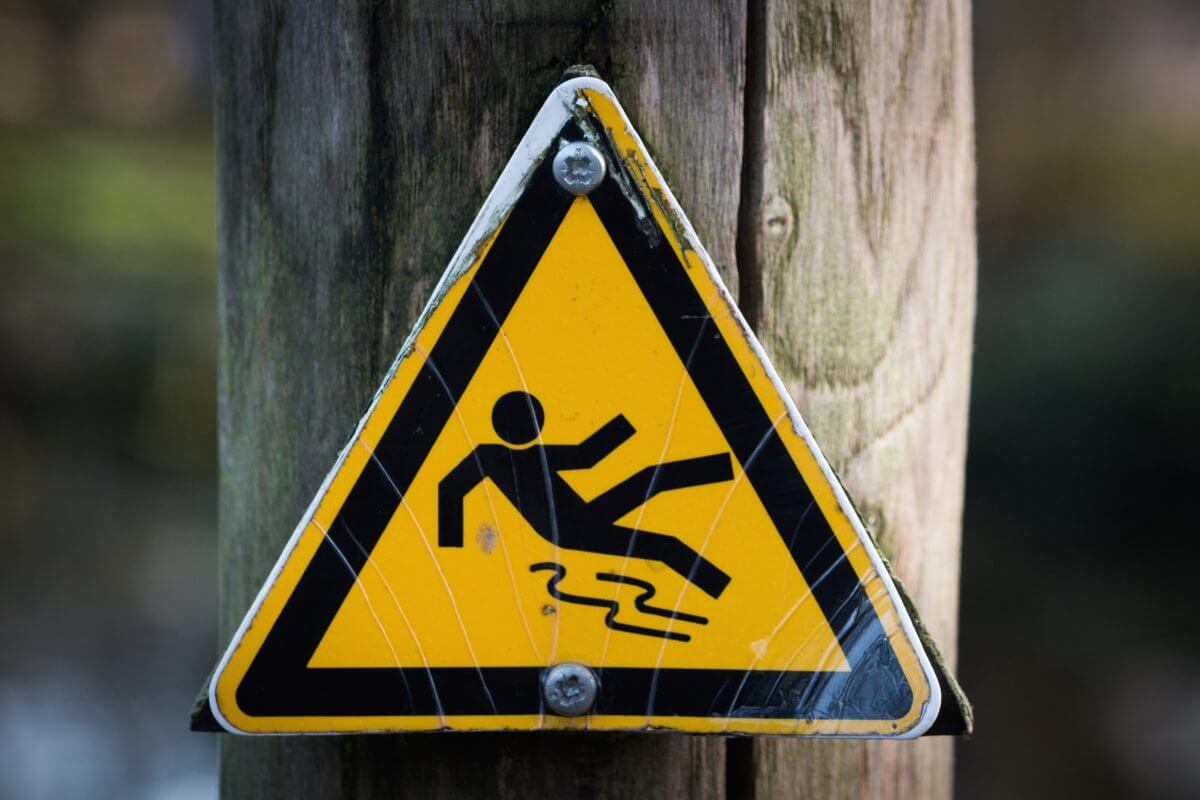Types of Premises Liability

1/2/2019 Personal Injury John Whitfield
For many people, a mention of the phrase “premises liability” triggers images of slipping on a wet floor in the grocery store; however, premises liability is a legal theory of liability that covers several types of responsibility on the part of a property owner. Many victims injured on another’s property are completely unaware of their legal rights to compensation, and therefore never seek justice. The premises liability attorneys at Whitfield Bryson LLP want to help people understand their legal rights when it comes to premises liability.
Understanding Premises Liability
The first thing to understand about premises liability is property owners owe certain duties to visitors. If there are any dangers associated with a property, owners need to remedy the situation and warn visitors of the potential danger.
Below are three common scenarios that trigger premises liability claims:
- Unsafe or dangerous conditions – The most common example of an unsafe condition is a wet floor, but there can be many unsafe conditions. Exposed wires on a construction site, uneven sidewalks at an apartment complex, or loose railings on a balcony are all dangers that should be remedied by the property owner before any visitors are invited onto the property.
- Inadequate security – By the nature of their function and/or location, some venues are more likely to experience than others. Parking garages, apartment complexes, and nightclubs often see more crime due to a high concentration of people and valuables. But, just because there is an increased risk of crime at these properties, owners are still legally responsible for instituting adequate security measures, including fences and gates, video monitoring, and even security personnel. Property owners that fail to address security risks can be held liable when crimes and injuries occur.
- Attractive nuisance – Premises liability only extends to visitors, not trespassers on a property; however, there is an exception for children. If a property owner has something on his or her property that may be attractive to children, but also dangerous to them, he or she needs to take steps, such as putting up a fence, to prevent children from reaching the danger. Some of the most common attractive nuisances include swimming pools or lakes, tractors and cars, trampolines, and piles of sand or lumber.
Oftentimes after an accident, property owners claim they didn’t know about the hazard that caused the injury. Whether this is true or not, it doesn’t matter. If the danger is something the property owner should have known about, then they can be held liable for any resulting injuries.
Nashville Premises Liability Lawyers
Premises liability accident victims often suffer debilitating injuries. From spinal injuries to broken bones, dangerous property conditions can lead to serious medical issues. If you or someone you love was injured in a premises liability accident, contact Whitfield Bryson LLP today for a free consultation to discuss your case.
